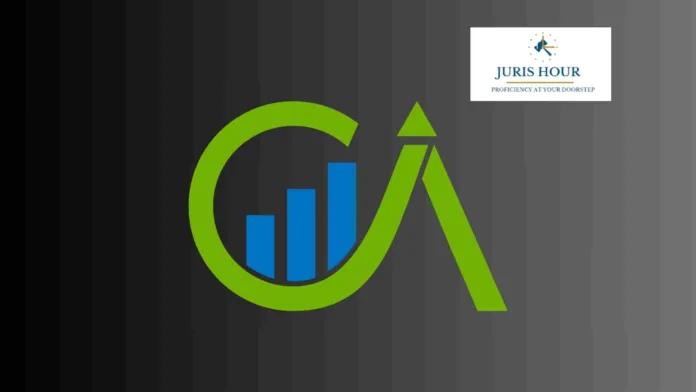The objective of modernizing its Code of Ethics was to enhance professionalism and sustain the public’s confidence and trust in the accounting profession. It is consistent with best practice internationally, and is intended to be a direction towards better moral compass for all Chartered Accountants (CAs) across the country. Taking effect on July 1, 2020, this new framework has been developed.
What is the ICAI Code of Ethics?
The ICAI Code of Ethics specifies the guidelines that ICAI has put in place so that it can enforce ethical and professional standards on its members. It is vital to preserve transparency, accountability, and ethical behavior in the financial reporting ecosystem.
The revised Code embodies the IESBA’s (International Ethics Standards Board for Accountants) framework and has three sections.
Three Parts of the Revised Code
1. Part A – Definition of Core Principles and Application
This Part describes the core values each CA must adhere to:
Integrity
Objectivity
Professional competence
Confidentiality
Professional behavior
It also contains a conceptual framework to help professionals identify, assess, and manage threats to each of the values set out.
2. Part B – Guidance for CAs in Public Practice
This Part relates to the Chartered Accountants public practice members rendering, the following ethical guidance is provided:
Keeping independence in audits and assurance work
Handling conflict of interest
Reporting fees and commissions properly
Preparing ethically and marketing ethically.
3. Part C – Guidance for CAs in Business
This Part is for CAs in roles other than accounting or auditing and includes:
Preparing and presenting financial information ethically
Dealing with pressure from outside to be unethical
Management of internal disputes and/or personal dilemmas
Disciplinary Procedure under the Code
To enforce adherence to the Code, the ICAI has defined misconduct by way of two schedules.
First Schedule: Deals with minor acts of misconduct, for example, working while in employment, or continuing improper behaviour during training. These matters are handled by the Board of Discipline.
Second Schedule: Deals with serious misconduct, such as no compliance with laws (NOCLAR) or holding management positions in a state of conflict of interest. These matters are dealt with by the Disciplinary Committee.
Global Norms and Constant Updating
The ICAI continually revisits its ethical code in the context of global requirements and prevailing expectations of the professional standards in India. This is clearly evident to enable full faith to the Indian Chartered Accountant to be on “the same level” as their peers across the globe.
The Ethical Standards Board of the ICAI issues guidance notes and policy statements for the profession to deal with the ethical challenges of the day.
Conclusion
A revised ICAI Code of Ethics is not simply a rulebook, but an ethical charter and navigational guide for Chartered Accountants in maintaining professional integrity, transparency and professionalism in an ever-developing accounting space in India. The code facilitates not only compliance by Chartered Accountants, but also aids the accounting profession in ensuring that the requisite credibility and trust required by the financial ecosystem is maintained in the long term.
Read More: DTAA Perks for NRIs: How to Save Tax Twice on Money Made in India

